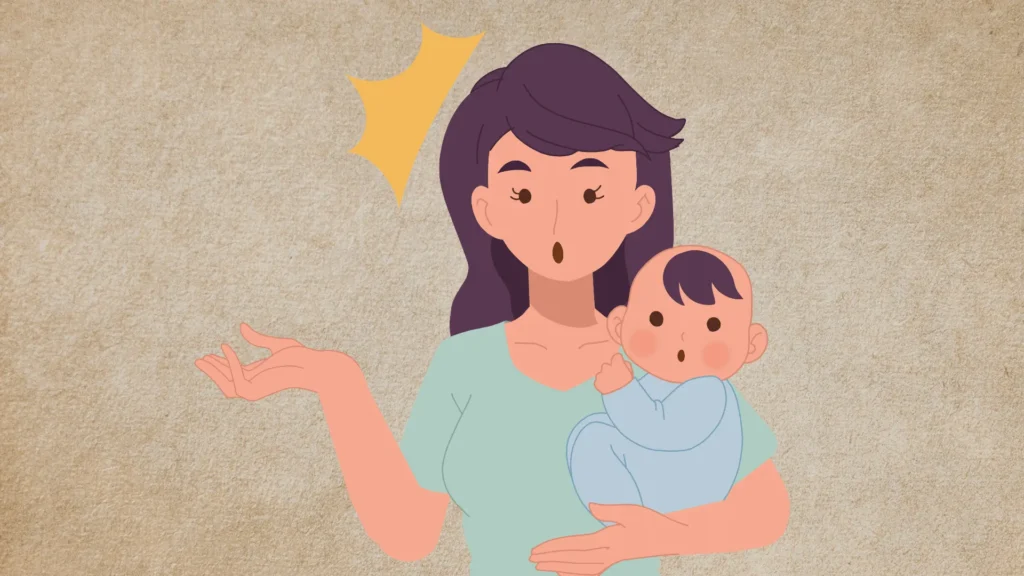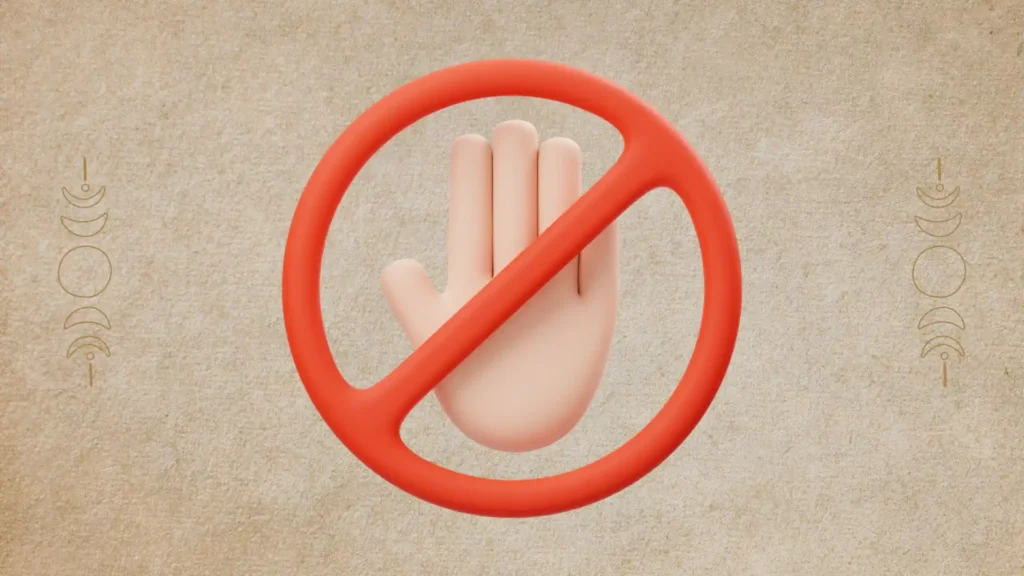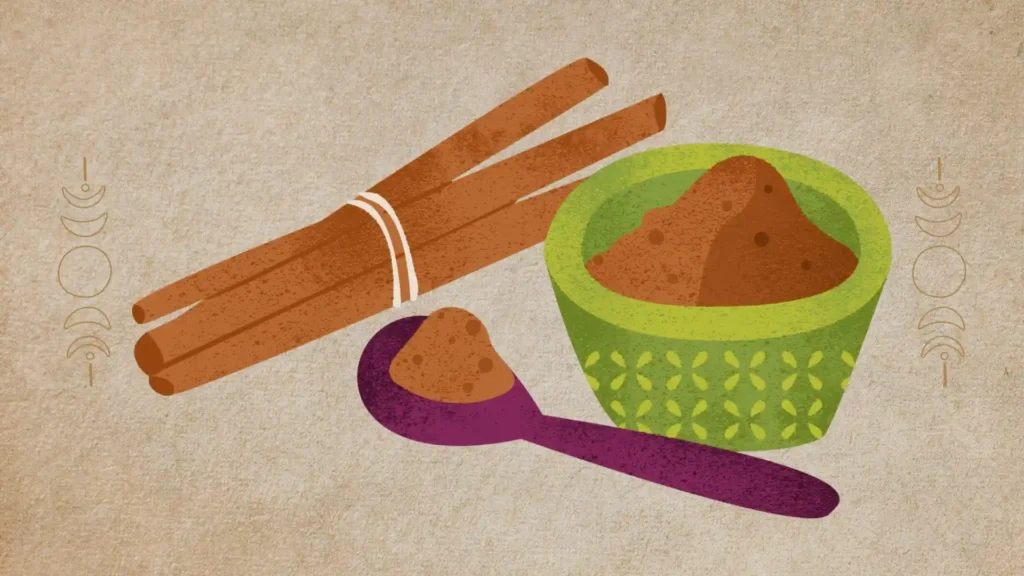The Bible does not specifically address the concept of having only one child, and there are no explicit scriptures that mandate the number of children one should have. It emphasizes the importance and value of children and family in various passages, but it leaves the decision on the number of children to individual choice, responsibility, and circumstances, encouraging believers to consider principles of love, stewardship, and wisdom in family planning.

Biblical Figures with Only One Child and Their Stories
In the absence of explicit directives, examining the lives of biblical figures who had only one child can offer insights into the circumstances, choices, and divine interventions surrounding family planning in biblical times.
- Isaac and Rebekah:
- Child: Jacob
- Story: Isaac and Rebekah had only one child, Jacob, after many years of barrenness. It was not a matter of choice but seemed to be due to fertility challenges and divine intervention played a significant role in their parenthood.
- Hannah:
- Child: Samuel
- Story: Hannah, initially barren, was blessed with Samuel after fervent prayers. While she did have more children afterward, Samuel’s birth is significant due to Hannah’s initial inability to conceive and her vow to dedicate her firstborn to God’s service.
- Manoah and his wife:
- Child: Samson
- Story: The birth of Samson was announced by an angel due to his mother’s barrenness. Samson was to be a Nazirite from birth, indicating that his birth and life had a specific divine purpose.
While these instances provide insights into the lives of those who had only one child, at least initially, it is evident that the circumstances were often beyond human control and were intertwined with divine plans and purposes.
These stories do not necessarily reflect a deliberate choice to have only one child but rather illustrate the diverse experiences of parenthood in the biblical narrative. They emphasize reliance on divine providence and the fulfillment of divine purposes in the lives of individuals and families, rather than focusing on the number of children one has.
Biblical Praise for Multiple Offspring
The Bible, in various instances, does portray the bearing of multiple children as a blessing and a sign of divine favor. Here are a few examples:
Behold, children are a heritage from the Lord, the fruit of the womb a reward. Like arrows in the hand of a warrior are the children of one’s youth. Blessed is the man who fills his quiver with them! He shall not be put to shame when he speaks with his enemies in the gate
Psalm 127:3-5
This Psalm suggests that having multiple children is like having many arrows in a warrior’s quiver, symbolizing strength and blessing.
And God blessed them. And God said to them, ‘Be fruitful and multiply and fill the earth and subdue it, and have dominion over the fish of the sea and over the birds of the heavens and over every living thing that moves on the earth.
Genesis 1:28
This verse from Genesis represents the first command from God to Adam and Eve, emphasizing procreation and multiplication.
And you, be fruitful and multiply, increase greatly on the earth and multiply in it.
Genesis 9:7
After the flood, God blesses Noah and his sons and commands them to be fruitful and multiply, signifying a new beginning for humanity.
While these verses praise the idea of having multiple children and portray it as a blessing, it is important to note that they do not explicitly condemn or criticize having only one child.
The emphasis on multiplication can be understood in the context of cultural and societal norms of ancient times, where larger families were often associated with prosperity, security, and the continuation of lineage.
In modern interpretation, the underlying principles of love, responsibility, and divine blessing can be applied to families of all sizes, respecting individual choices and circumstances.
Further Reading and Exploration
For readers who are interested in delving deeper into what the Bible says about having children and exploring various interpretations and perspectives, the following books available on Amazon can be valuable resources:
- Be Fruitful and Multiply: What the Bible Says about Having Children by Nancy Campbell
- A comprehensive exploration of biblical teachings and principles on procreation and family life.
- God’s Vision for Families: What the Bible Says About Having Children by Nancy Campbell
- Insightful reflections on God’s vision for families and the significance of having children as portrayed in the Bible.
- How Many Children Should We Have? by Tim Challies
- This article explores the concept of God’s sovereignty in determining the number of children one has, emphasizing divine ordination in every birth.



